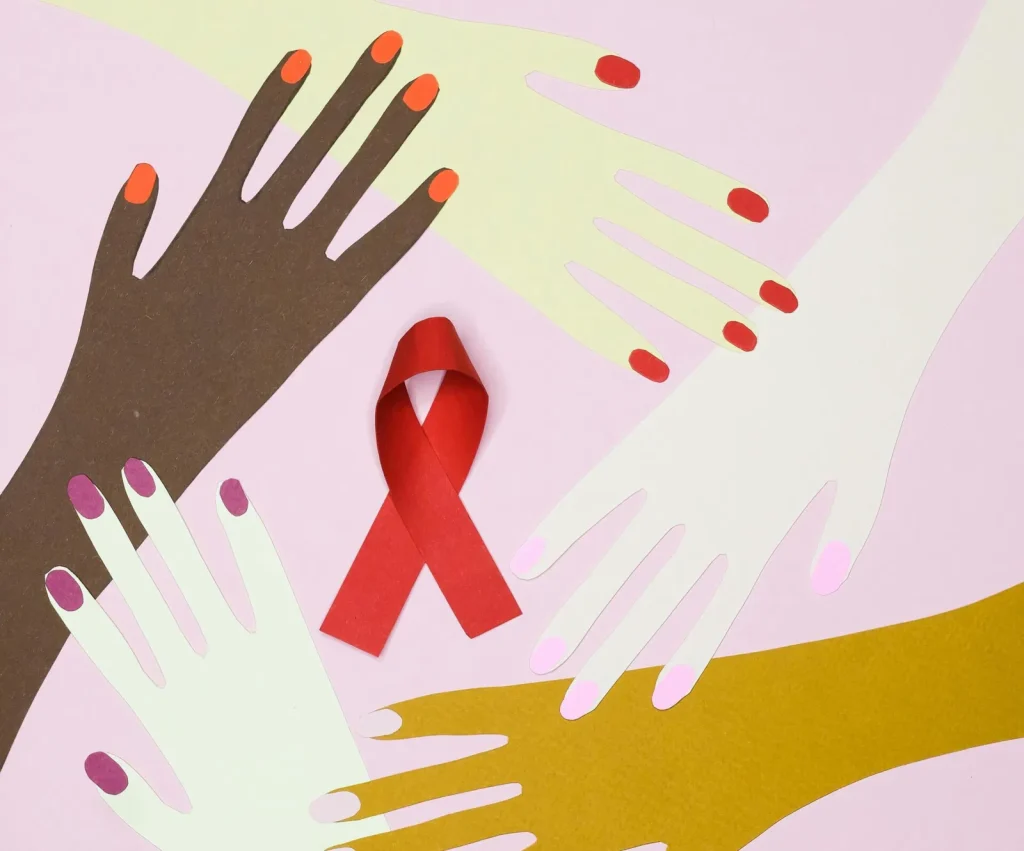New study shows Apretude can help protect Black women from HIV.

A new study guides healthcare providers on better using Apretude for HIV prevention.
A new study examines how providers can effectively use Apretude for HIV prevention (PrEP) in Black cisgender and transgender women.
A new study presented at the International AIDS Society meeting in Kigali, Rwanda, explores ways to expand access to PrEP—key to the U.S. plan to cut new HIV cases by 90% by 2030, according to Managed Healthcare.
Despite its value, just 36% of people who could benefit from PrEP are using it.
The study found that improving PrEP use requires better education for both staff and patients, addressing mistrust, and offering more flexible scheduling. This is especially urgent, as around 1.2 million people in the U.S. live with HIV—and Black women make up nearly half of new diagnoses among cisgender and transgender women. While some strategies focus on issues like medical mistrust and miseducation specific to Black women, researchers note that many—such as staff training and resource allocation—can benefit broader healthcare settings.
Apretude, developed by ViiV Healthcare, is a long‑acting form of cabotegravir designed to lower HIV‑1 risk in adults and adolescents. It’s administered by a healthcare provider as an injection every two months, after two initial monthly doses.
Researchers noted that when introducing PrEP, providers often raised concerns about identifying eligible patients, ensuring adherence, and verifying insurance. In prescribing Apretude specifically for Black cisgender and transgender women, they also faced barriers related to medical mistrust and patient misinformation.
To address these challenges, experts suggest involving staff with health education backgrounds, offering easy-to-understand educational materials, and collaborating with clinics and community organizations.
“Given funding uncertainties, it’s more important than ever to advocate for HIV prevention and expand PrEP options—our strongest tools in the fight to end HIV,” researchers emphasized.



